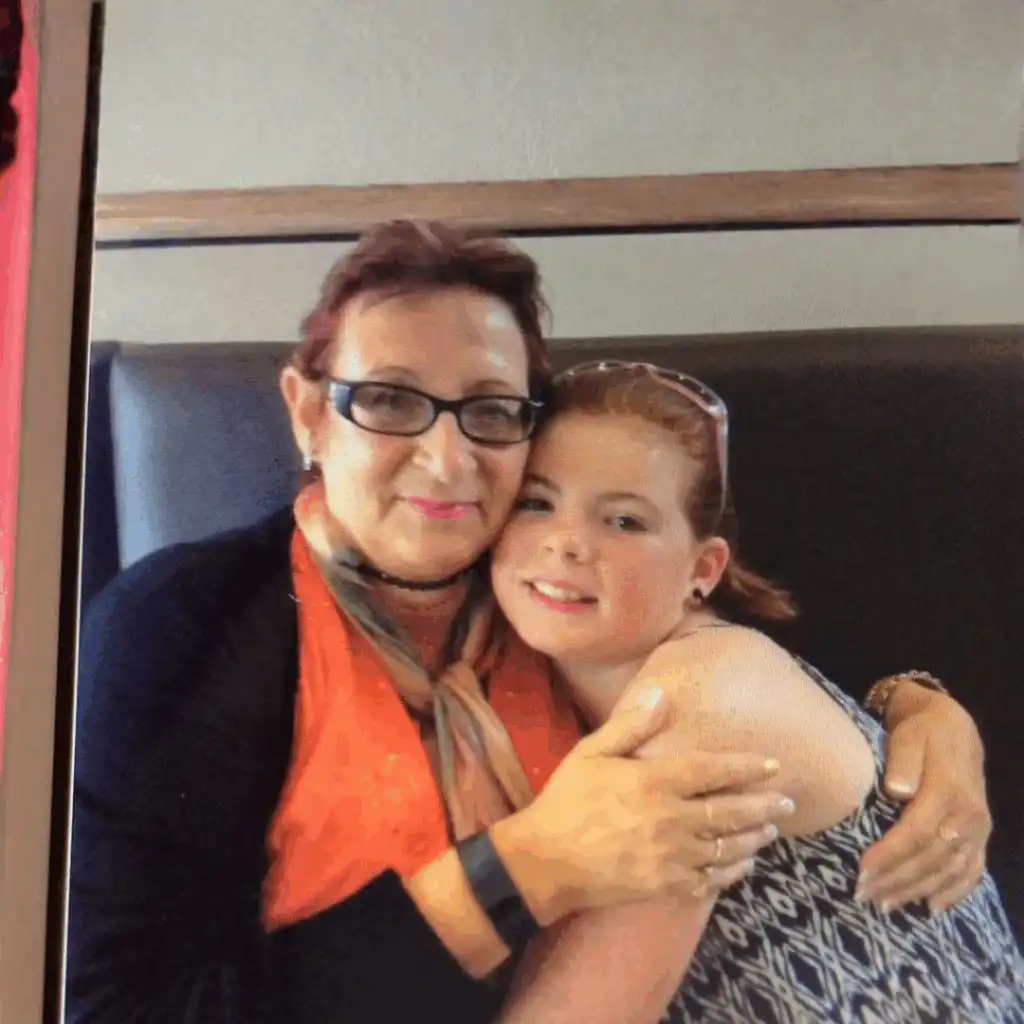For people living with lung cancer and lung disease, dealing with stigma can cause feelings of guilt, shame and embarrassment, regardless of whether they have a history of smoking or not. One of our greatest challenges is to educate people that it does not matter how you came to have a lung condition, you are still deserving of care, support and understanding.
The second big challenge is to help people with a lung condition who do have a history of smoking not to feel high levels of shame and guilt. What is done is done. None of us are blessed with a crystal ball and the ability to see the future. There are many complex reasons why people smoke. Judging and placing blame on others or ourselves for smoking is of little help and only adds to the shame, guilt and embarrassment.
Developing a ‘Thick Skin’
There will always be people we come across who are uneducated and naive about lung conditions. Outside of lung cancer and COPD, much of the population may not have heard of your condition, let alone understand the impact on you and your loved ones.
Comments such as “you don’t look sick”, “you look well” or “you must have been a person with a smoking history” are commonly reported to cause distress. The first two examples are meant to be a compliment, you can elect to receive them as such or you can decide to educate the person regarding what “sick” actually looks like. The last comment and those similar are just plain judgment.
“I have to work out how to cope when people say how well I look . Nobody asks you if you are okay. You look well because your condition is silent.“
– Anonymous, living with Idiopathic Pulmonary Disease.
There is no right or wrong way to act when dealing with stigma and managing other people’s perceptions and ignorance. How you respond will depend on a range of factors such as the setting, intent behind the words, how much energy and time you have, whether this person is worth educating.
For those people who you decide to educate, the following hints might help:
- Bookmark on your mobile phone or computer a good educational page, such one of our webpages that describe your condition, and show them or email the link to them.
- You can develop a script that helps people to understand that invisible diseases rarely “look sick”.
- Develop a 30-second description of your lung condition for when time is tight.
- Ask the person if they would like to know more. If they say no, move on, they weren’t worth the time anyway.

Know when to walk away
For people who you decide are not worth educating, ignore them. Silence is sometimes the best weapon. Turn your back and simply move away.
Sadly, there is no easy answer or easy set of strategies for dealing with stigma.
Sometime people’s comments, stares or behaviour will upset you, that is unavoidable. Allow yourself to feel upset, if appropriate tell them so and as far as is humanly possible, imagine the words sliding off you in the same way water slides off a duck’s feathers; put their comments in a bubble and let it drift away. Remind yourself that those words can only hurt you if you accept that they are true and accurate.
“When someone is judgmental towards me, I ask myself is this going to matter in 5 minutes, 5 days, 5 weeks or 5 months? I have used that strategy for a long time.”
Anonymous, living with Chronic Obstructive Pulmonary Disease.
Are you looking for more information about caring for your mental health and wellbeing?
Was this page helpful?
Good job! Please give your positive feedback
How could we improve this post? Please Help us.



